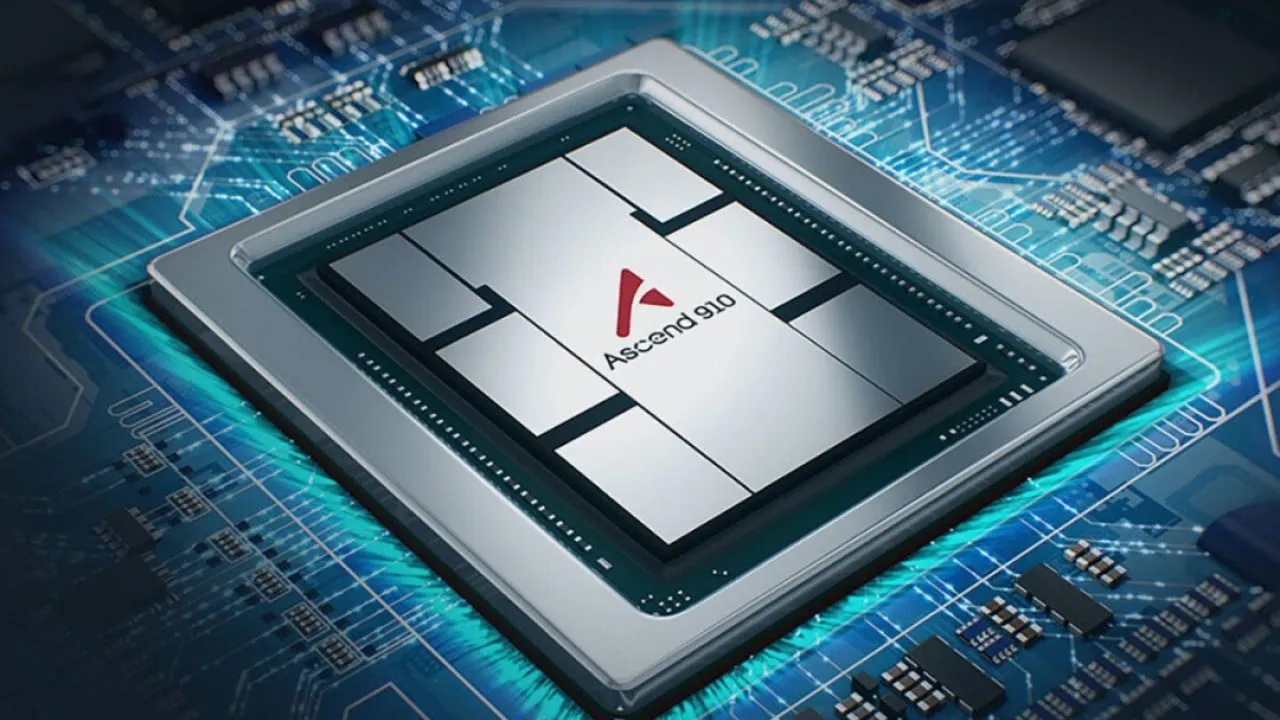Huawei's Ascend 910C AI Chip: Disrupting Nvidia's GPU Market

Huawei's AI Chip Ascend 910C: A New Challenger
Huawei Technologies has commenced testing its latest AI chip, the Ascend 910C, posing a formidable challenge to Nvidia's grip on the market. This comes as US-sanctioned Huawei seeks alternatives following the ban on California-based Nvidia's high-end GPUs from reaching China.
Breaking Down the Chip Development
With a growing demand for cloud services and AI infrastructure, Huawei has made the Ascend 910C available to large Chinese server companies. This new chip is a progression from its predecessor, the 910B, which has already gained traction as a viable substitute for Nvidia’s popular A100 chips.
- Eric Xu Zhijun, Huawei's rotating chairman, emphasizes the strategic importance of these advancements.
- Despite ongoing US restrictions, Huawei is enhancing its offerings in AI chip technology.
- The tech giant’s efforts reflect China's broader aspirations to achieve self-sufficiency within the semiconductors market.
Nvidia's Struggles and Huawei's Opportunity
This dynamic has prompted Taiwan's Nvidia to innovate continuously, rolling out GPUs such as the H20, aiming to maintain its foothold in the Chinese market. However, with demand for the H20 slowly rising, Huawei’s strategy to bundle its chip sales with other hardware solutions is creating its own set of challenges.
- Nvidia's latest GPUs are designed to be compliant with US regulations.
- Sales of Nvidia’s H20 in China are projected to generate substantial revenue despite the competition.
This article was prepared using information from open sources in accordance with the principles of Ethical Policy. The editorial team is not responsible for absolute accuracy, as it relies on data from the sources referenced.